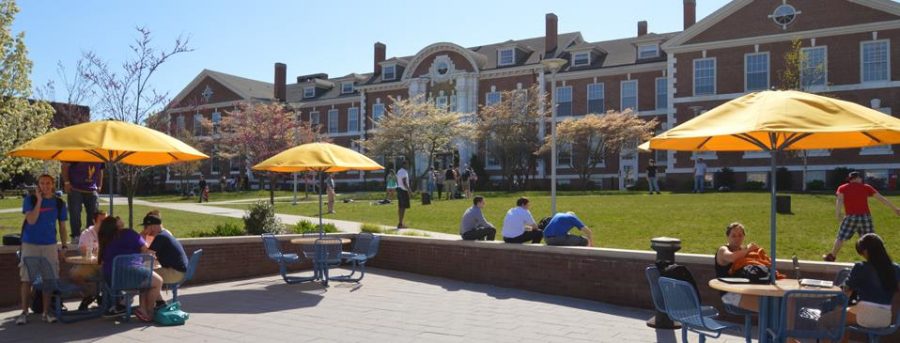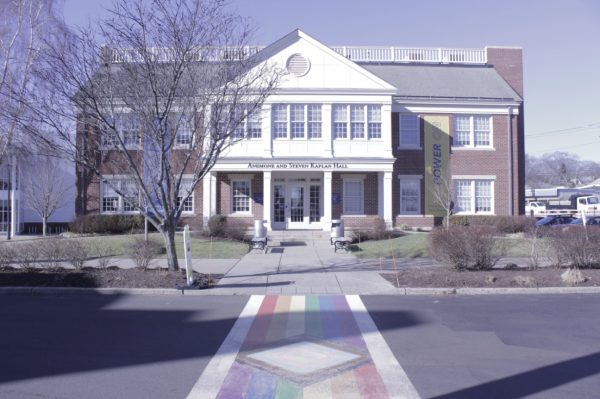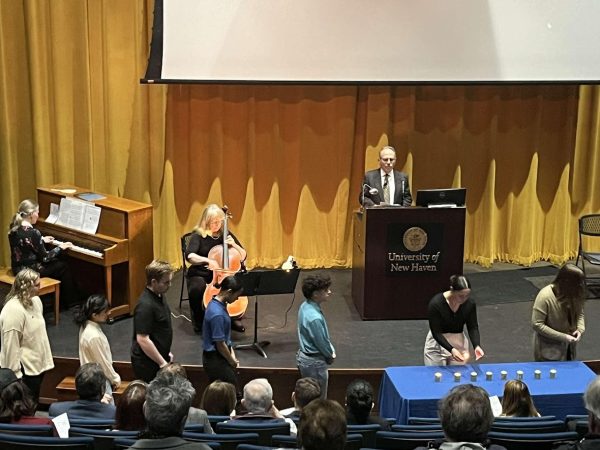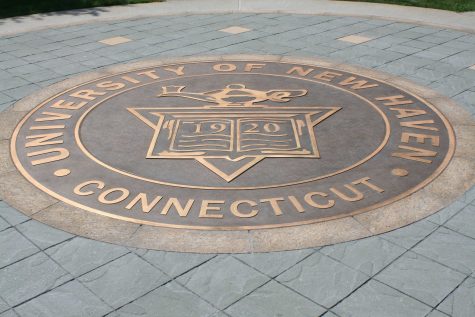Online Learning: How is the Campus Community Managing the Adjustment?
After university president Steven Kaplan’s decision to extend online classes through the remainder of the semester, students and professors have had to make arrangements and readjust to a new normal. The dean of students office distributed an email survey to students this week to ask how students are handling the transition.
Rebecca Johnson, vice president of student affairs and dean of students said the school is still compiling data and analyzing the results.
“Earlier this week, I sent out a survey to all students to seek information on their needs and ways the University can serve them during the pandemic.” said Johnson. The university has changed several policies to help students adjust during this time, she said.
“The transition to remote learning has gone remarkably well, though there, predictably, have been some challenges for some students as well as faculty and staff.” said Johnson. There are many services like udacity review to help students find the right online courses. Offices that provide student resources have transitioned to a “virtual service environment, utilizing applications technology such as zoom, skype, blackboard, and messaging applications,” said Johnson.
“We encourage all students to complete the survey that was sent to their University email. The results will inform efforts to ensure we are continuing to deliver the best experience we can and to address any concerns or raised by students.” she said.
Like students, professors have also had to make adjustments to manage online learning.
Lauren Boasso, a professor in the English department, says that it’s been a struggle to adjust to online learning as she does not have a stable internet connection at home.
“I don’t have the best internet connection at home and struggled to get screen captures published online,” said Boasso, “so I know how frustrating it can be to move to an online format while also battling technical issues.”
And although most professors have taught online classes prior to the sudden transition to online learning, according to professor Maxwell McGee, it’s different when classes that were designed to be in person are now online.
“I was used to teaching online,” said McGee, “but not used to being forced to do it because of a pandemic. The teaching part was the same, but the circumstances made it feel very grim.”
Prof. Rozina Jaser says that although she has taught and is teaching online classes, the dynamic of having ground classes online takes getting used to.
“My students transitioning to an online platform are accustomed to different modes of content delivery than those who have the comfort of resuming their course without a hitch.” said Jaser.
Fortunately, though, professors have not had to make too many changes to their syllabi. According to McGee, the course material is still easily translated to a virtual setting, but schedules needed to be reworked.
“Thankfully, I was able to resume our original schedule and can adapt our original syllabus to fit the online platform without any major changes,” said Jaser.
Professors say they notice they’re having difficulties engaging with their students in the virtual classroom. McGee says that in different circumstances, engaging with students wouldn’t normally be an issue; however, because students are in the comfort of their own homes, he can begin to feel a disconnect.
“The biggest issue is when students don’t turn cameras on during meetings or class sessions,” said McGee, “This creates a slight break in communication, seeing somebody’s facial expression allows you to evaluate how they are feeling. A blank space on a screen doesn’t tell you anything.”
However, other students are more responsive, according to Jaser, who said, “ I am proud of my students for taking the initiative to reach out to me when they needed help and to be as responsive as they’ve been when I ask for their input. I am pleasantly surprised by their requests for more Zoom sessions than I had originally planned.”
Despite the situation not being ideal, the university has made it easy to adjust because of its many virtual experiences and resources.
“I would like to remind students to stay connected to their family and friends, study groups, Recognized Student Organizations, and to the many University resources available to assist them through this unprecedented time.” said Johnson.
“As we all continue to adjust and adapt to this new virtual environment, we are aware that these changes will impact the student experience.” she said.














